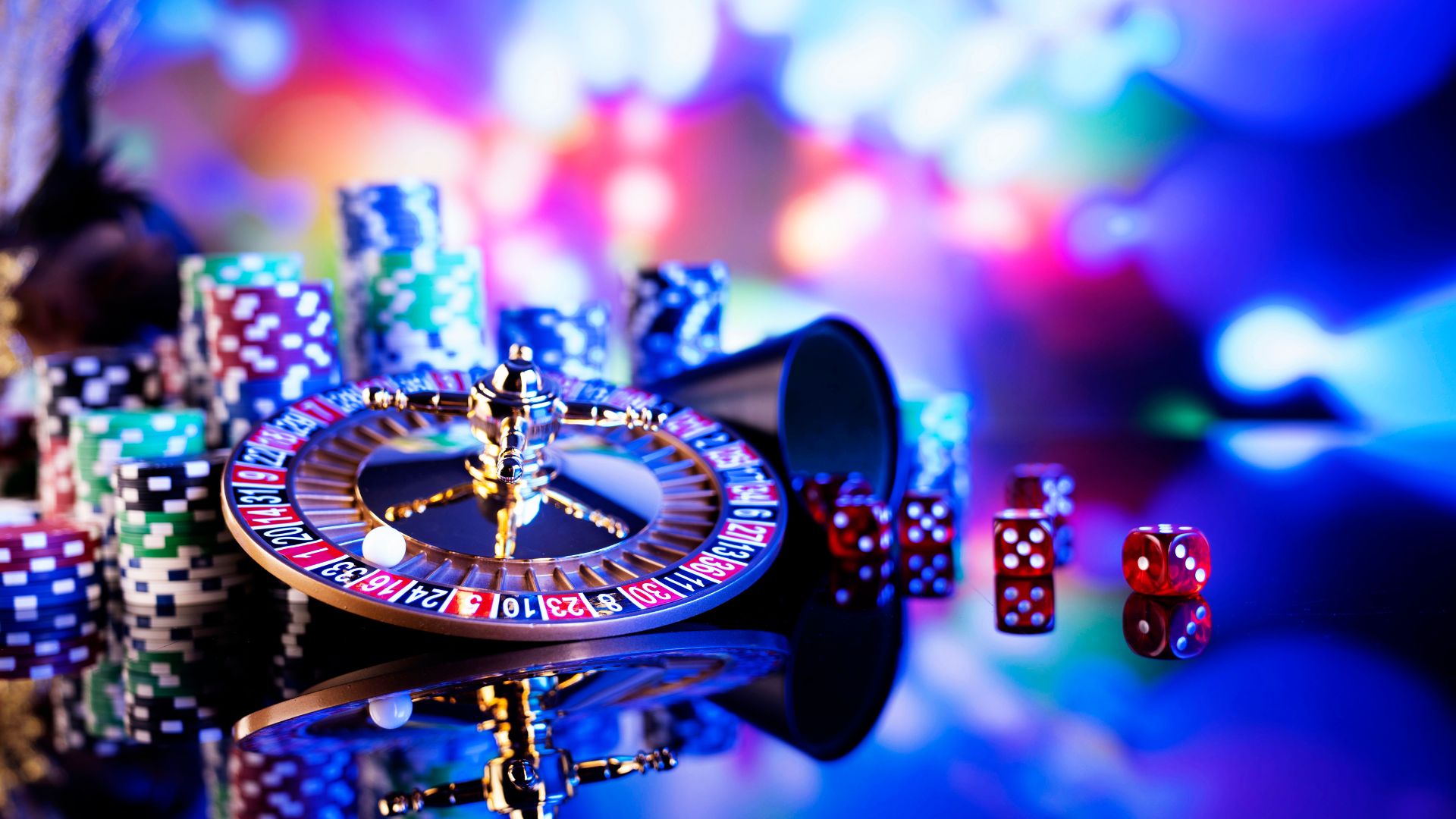
When we think of casino games, the first images that often come to mind are those of rotating roulette wheels, card tokens clattering on felt tables, and cubes flying across a betting area. 8OK While numerous consider these games as mere pastimes fueled by luck, a deeper exploration reveals a captivating blend of strategy, expertise, and social interaction that elevates them far beyond simple luck. Whether you are a seasoned player or a curious newcomer, understanding the subtleties of these games can significantly enhance your experience and appreciation.
Casino activities have evolved over hundreds of years, with various cultures contributing to their rich backgrounds and different forms. From the intricate tactics of blackjack to the bluffing methods in poker, players engage in a battle of intellect as much as a risk on odds. This exciting interplay between chance and expertise creates a exciting atmosphere that draws millions to casinos worldwide. As we explore the realm of card games, we will uncover the methods that can shift the odds in your favor and the social aspects that make these activities a popular choice for entertainment and interaction.
The Approach Behind Casino Gaming
Casino gaming often combine a mix of ability and luck, which makes them intriguing for players who like a challenge. Every game has its unique set of rules and tactics that can influence the outcome. For instance, in titles like 21, participants are required to use strategies like card counting and grasping the probabilities to make smart decisions. This skill set can significantly improve their winning potential, differentiating seasoned participants from beginners who may depend entirely on luck.
In contrast, games such as roulette may seem to be entirely based on chance, but strategic thinking can also play into the equation. Players can select between different betting tactics, such as the Martingale strategy, where they raise their bets after a loss. This method can establish a more methodical approach to the activity. Understanding the odds of specific wagers can also assist players make smarter decisions on the roulette table, showcasing that even in titles of luck, tactics can enhance the experience.
Additionally, poker is notable as a game that strongly focuses on strategy. Unlike most casino titles, the game of poker combines skill, psychology, and chance. Players must also focus on the cards they are dealt but also consider their opponents behavior and wagering patterns. Mastering principles like table position, the odds of the pot, and reading bluffing is crucial for winning. This depth of tactics in the game of poker often leads to a more immersive experience for participants, as their choices and skills greatly affect the match’s results.
Grasping Chance and Odds
In the world of casino matches, likelihood and ratios have a crucial role in deciding a player’s potential consequences. Every activity has its own set of principles that define how the chance of winning or losing is measured. For instance, in games like 21, participants have a chance to modify their ratios through planning, whereas in games like roulette, the outcomes are purely governed by luck. Comprehending how these chances are measured can substantially impact how a player deals with the game.
Odds are typically shown in two formats: ratio and decimal. Fractional odds represent the proportion of the sum gained to the sum bet, whereas numeric odds show the overall payout for a winning bet, including the stake. For instance, if a match has odds of 5 to 1, this means that for every one unit staked, a player could win five units if successful. Learning how to interpret these ratios allows gamblers to evaluate their possible earnings and make more wise choices during gameplay.
Players should also be conscious of the house edge, which is the casino’s built-in benefit over the players. Each match has a distinct advantage, and grasping this concept is important for controlling one’s expectations and budget. Activities with a reduced house edge, such as blackjack and chemin de fer, typically offer better odds for players compared to games like slots and lottery. By acknowledging the relationship between chance, ratios, and the casino advantage, players can improve their gaming engagement and plan more efficiently.
The Social Aspect of Casino Table Games
Table games at gaming establishments are often seen as a hub of community engagement, bringing players together in a collective experience that goes far beyond the mere act of gambling. The atmosphere at a blackjack table can be vibrant, with players engaging not only with the game itself but also with each other. Joy, excitement, and, sometimes, playful teasing create connections that enhance the overall enjoyment of the gaming experience. This communal aspect can turn a solitary endeavor into a dynamic gathering, making casino games particularly enticing.
One of the fascinating elements of gaming at tables is the way it fosters camaraderie among participants. Whether it’s collaborating to defeat the dealer at a craps table or exchanging tales between hands in a poker game, the environment encourages communication. Participants often share advice or tactics, creating a sense of togetherness that boosts the fun. This social dynamic can make new players feel welcomed and less intimidated by the competitive nature of casino games. As the game continues, friendships may form, leading to a sense of connection that keeps players coming back to the table.
Moreover, the social aspect of gaming at tables extends outside just the participants. Dealers play a vital role in encouraging interaction and maintaining the flow of the game. Their ability to engage gamblers with friendly conversation and their expertise in running the table can create an welcoming atmosphere. This relationship between players and dealers adds another layer of enjoyment, where gamblers feel connected not only to one another but also to the staff. Such interactions are often what make the experience memorable, as participants leave with stories to tell and connections made, reinforcing the notion that table games are truly about more than just chance.